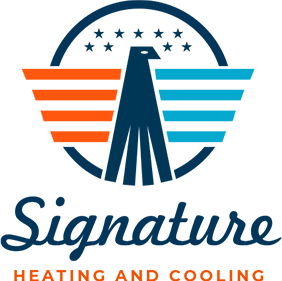There are many different parts of your air conditioner (AC) and each one helps cool your home effectively. One element that can cause multiple issues for the unit as a whole is your filter. In fact, checking for a dirty AC filter is one of the first steps you should take when you notice a problem with your unit. Changing your filter regularly is also important to prevent problems from arising.
Here are some of the issues a dirty AC filter can cause:
Short-Cycling
During the day, your heating, ventilation, and air conditioning (HVAC) system will typically shut off and restart a few times. However, this should not be happening constantly. When your AC is turning off and on repeatedly (short-cycling), it results in excess noise and can make the system less energy-efficient.
AC Not Blowing Cold Air
One of the most common problems is an AC that isn’t blowing cold air. There are many potential causes for this, and a dirty AC filter is one of them. If your filter is clogged, air can’t flow through properly and your home won’t cool down.
AC Leaking Water
Water can begin to leak from your HVAC unit for many different reasons. One possible cause is if your evaporator coil (indoor coil) freezes. A clogged air filter can restrict air flow, which can start to lower the temperature inside of your AC unit. When cold air can’t flow out, it can eventually result in a frozen coil and a water leak.
Lower Indoor Air Quality
Dust and allergens can quickly build up on your air filter. If this filter gets dirty, these particles can quickly start to spread throughout your house. This can negatively affect the health of you and your family, especially if anyone in the household has asthma or allergies.
Higher Utility Bills
Your HVAC accounts for approximately a quarter of your energy bills. If your system has issues that are reducing its energy efficiency, you may notice higher costs than usual. A dirty AC filter is one common culprit for this.
Reduced System Longevity
Proper maintenance is essential to keep your AC system running for as long as possible. If you routinely neglect to change dirty AC filters, your unit will need to work harder for longer periods of time, increasing wear and tear. Dust can even enter crucial parts of the AC and result in system failure.
When to Change Your Air Filters
During the summer, your AC is working its hardest and you should plan to change your filters every month. For the rest of the year, every 3-4 months is usually acceptable, although you should check the recommendations for your specific unit. This simple step can prevent many HVAC problems and could save you money by avoiding the need for repair or replacement.
AC Maintenance in Tucson
In addition to changing your filters regularly, you should schedule professional maintenance checks at least once a year. At Signature Heating and Cooling, our HVAC professionals can examine your system. This includes checking and replacing air filters as needed.

